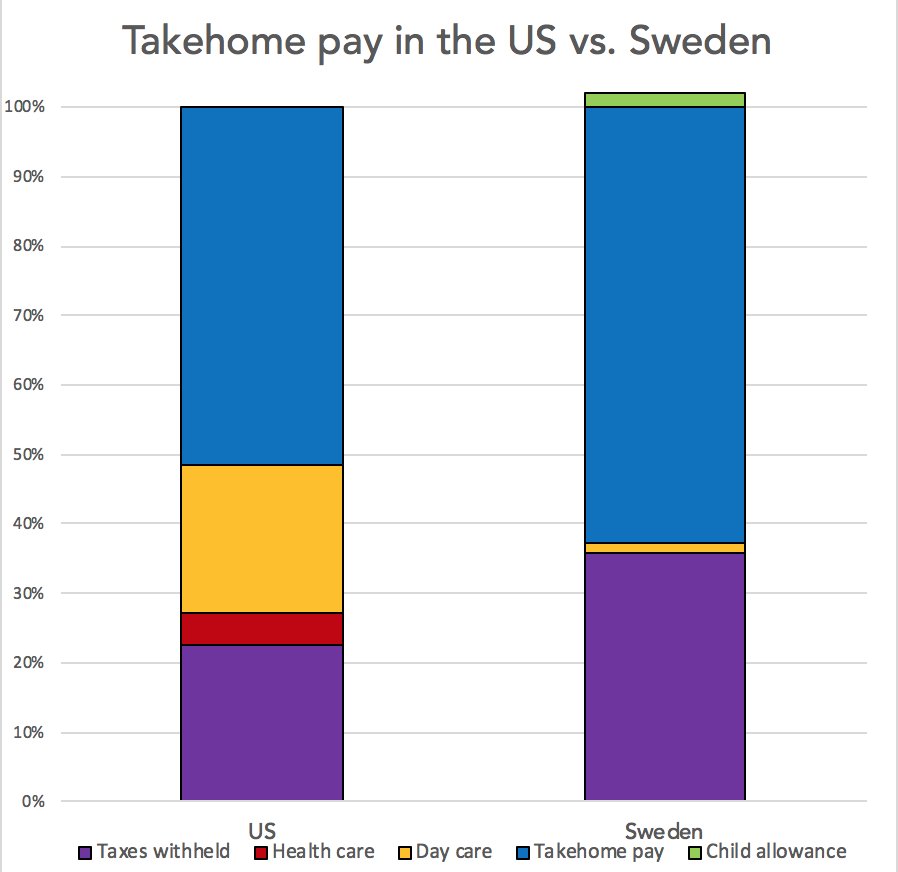
Beware of people claiming to be really good at logic and rationality <A THREAD> /1
One thing we learned from Kruger and Dunning’s pioneering work is that people who are in fact very good at logic tend to *underestimate* their ability doi.org/10.1037/0022-3… /2
People to the right in this graph did very well on K&D’s logic test, and on the mean they underestimated both their ability and their performance on the test /3 

People to the left in this graph did poorly on the test, and on the mean they (sometimes dramatically) overestimated both their ability and their performance on the test /4 

Notice that the curves representing people’s perceptions of their ability and performance are virtually flat /5
The fact that a person feels like he (or she) is really good at logic means approximately *nothing at all* about his (or her) actual abilities /6
In order to know that you’re good at logic, you need to take a logic class, publish a logic paper, become a logic professor, or something of the sort. Absent independent evidence of ability, a person’s mere confidence means little /7
But how is it possible, you may ask, that so many people can be so wrong about their abilities? That’s a great question! /8
Roughly, Kruger and Dunning’s answer is that people who are bad at logic don’t recognize their performance as bad — and don’t recognize superior performance as superior — and consequently don’t realize that they suck /9
(That, as Peter Machamer used to say, is a technical term) /10
When people who are bad at logic have their errors pointed out to them, or are confronted with somebody else’s superior performance, they just can’t see the difference /11
The reason is that the *metacognitive* skill that allows you to distinguish good performance from bad is the same as the *cognitive* skill that allows you to perform or not /12
If you lack one, you lack both — and consequently suffer what Kruger and Dunning call “a dual burden” /13 

This is how you get endless strings of undistinguished but supremely confident commenters trying to correct the logic of people like @kate_manne, an MIT-educated philosopher and logician. It doesn’t matter how fast she runs circles around them — they just don’t see it /14
To be clear, the point is not that you have to be a philosophy professor or take a logic course or whatever to be good at logic. But you have no way of knowing if you’re good or bad until you have independent evidence of that general kind /15
The point is that people who take pride in being good at logic and rationality, etc., in all likelihood dramatically overestimate their abilities /16
Unless you have in fact a distinguished record as a logician, you can avoid embarrassment by approaching the arguments of people who do as learning opportunities — rather than an opportunity to show off /17
I now eagerly await the refutations that are no doubt forthcoming from the internet /FIN
PS. I gladly confess that I’m not that good at logic myself. I took courses at undergraduate and graduate levels and taught it for a number of years, but I was never a star student or anything.
If people are interested in the social and behavioral science underlying this thread, I might recommend the longer summary in here: dx.doi.org/10.1080/135017…
https://twitter.com/ErikAngner/status/1097454106250219521
• • •
Missing some Tweet in this thread? You can try to
force a refresh








